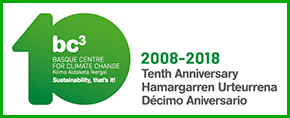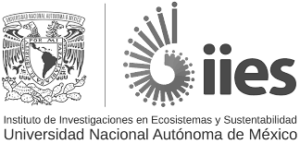
Photo: Green spaces in Cape Town (South Africa) (Credit: Patrick O`Farrell)
Currently about half the global population lives in cities, but this is grossly skewed to the world’s developed regions where urbanites account for about 80% of the population. However, the developing regions of African and Asia are currently experiencing rapid growth and by 2050, 64% of the developing world will be living in cities. In Sub-Saharan Africa, the majority of urban residents live in informal settlements and have little access to infrastructure and its associated quality of life implications. Within the City of Cape Town, South Africa, rapid urbanisation is altering the spatial character and flow of ecosystem services with the city, affecting benefit flows and the retention of biodiversity. Open spaces are becoming highly contested and it is worthwhile exploring the dynamics around these issues. Studies here have investigated the economic value of ecosystem services, changing ecosystem services state and condition, and management perceptions policies and practices regarding ecosystem services. Furthermore, a number of unpublished studies (student theses) have highlighted a variety of urban residents’ perceptions from a number of different case studies, of ecosystem services and their relations to these.
To know more:
Brill, G., Anderson, P., & O’Farrell, P. J. (2017). Urban national parks in the global South: Linking management perceptions, policies and practices to water-related ecosystem services.
de Wit, M., van Zyl, H., Crookes, D., Blignaut, J., Jayiya, T., Goiset, V., & Mahumani, B. (2012). Including the economic value of well-functioning urban ecosystems in financial decisions: Evidence from a process in Cape Town. Ecosystem Services, 2, 38-44.
O’Farrell, P., Anderson, P., Le Maitre, D., & Holmes, P. (2012). Insights and opportunities offered by a rapid ecosystem service assessment in promoting a conservation agenda in an urban biodiversity hotspot. Ecology and Society, 17(3).



